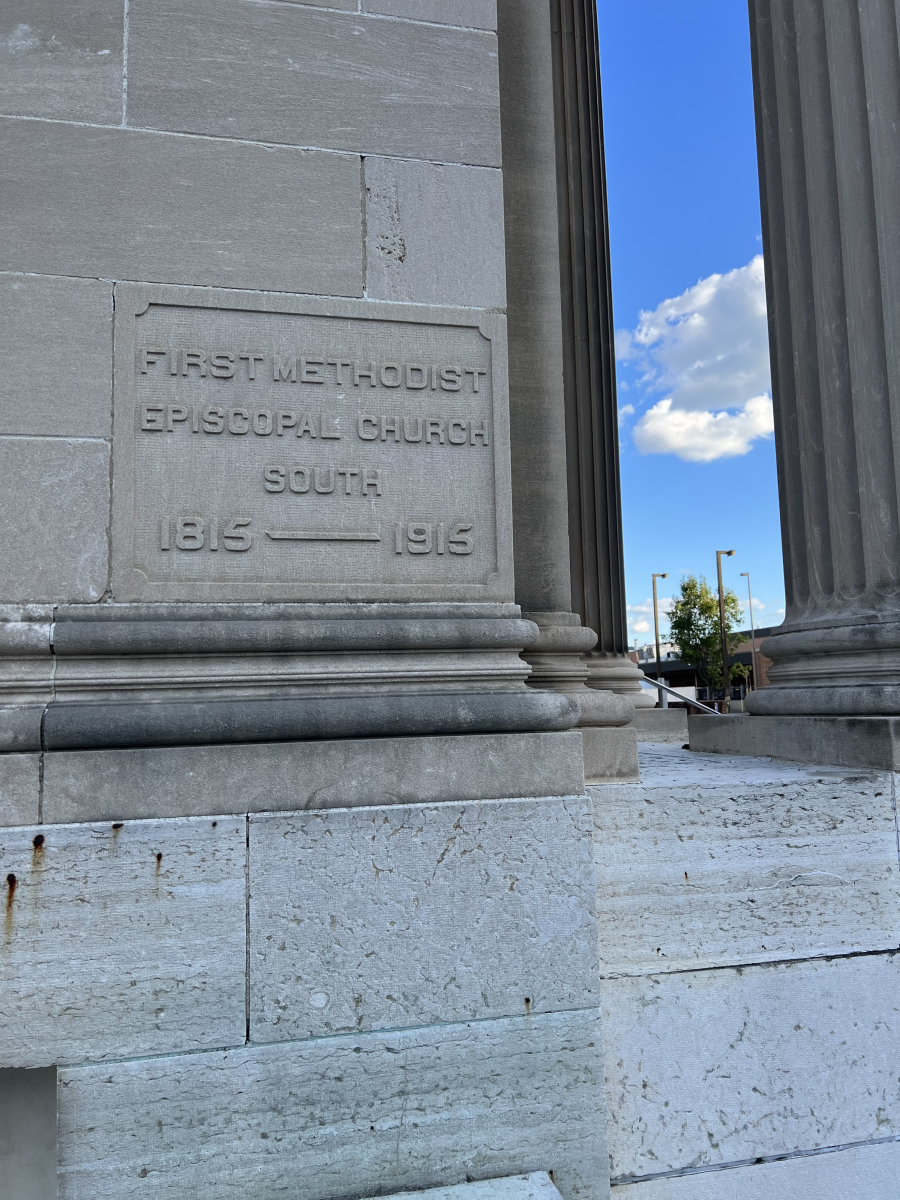Recovery from addiction is possible. For help, please call the free and confidential treatment referral hotline (1-800-662-HELP) or visit findtreatment.gov.
There is no simple roadmap to recovery from a substance use disorder; no fixed destination toward which to steer. Certainly, there are mile markers in recovery, and there are those who can help navigate from one day to the next, to offer assurance there is a path forward.
Peer recovery support specialists are uniquely experienced to offer such guidance.
It’s been said that the opposite of addiction is connection. Kanitha Cox is a believer in that. In the course of her recovery, Cox met women living lives she’d barely imagined. They mentored her.
“They had good, healthy relationships,” Cox says. “They had jobs; they were working and going to school; they had their kids back.”
“I saw these women who were genuinely happy on the inside,” she recalls, “with no drugs involved. And I was like, ‘I don’t even know how to do that.’ And I just latched on to them and held on for dear life until I could stand on my own two feet and figure it out.”
Cox is a mentor herself today, working as an emergency-room peer recovery support specialist in Knoxville. She’s meeting a vital need for other people in recovery.
People living with addiction, says Jonathan Stoltman, founder and director of the Opioid Policy Institute, have, commonly, grown accustomed to being dismissed, discounted and judged as “other.” They’ve been mis-assessed and/or mistreated by health care institutions.
To have someone step forward and say, “I’m here to help you, I care about you, I value your life” can be a life-changing experience, Stoltman says.
While research is still limited, peer recovery support for people living with a substance use disorder has been shown to improve treatment retention, reduce rates of relapse and enhance relationships.
Peer recovery support specialists are now recognized as integral members of recovery teams. But Stoltman and other experts caution that they’re being undervalued and inadequately resourced.
More Effective Recovery Ecosystems
The federal Substance Abuse and Mental Health Services Administration’s website attests that “peer recovery support services have become increasingly central to people’s ability to live with or recover from mental and/or substance use disorders.”
Peer specialists offer hope and guidance. They use, as SAMHSA defines it, “a strengths-based framework that emphasizes physical, psychological, and emotional safety and creates opportunities for survivors to rebuild a sense of control and empowerment.”
Peer recovery support services, Angela Hagaman says, fall outside the Western world’s traditional symptom-reduction model of addressing illness. Hagaman is operations director for East Tennessee State University’s Addiction Science Center. If, for example, you have diabetes, your doctor is likely to put you on a medication, recommend a new diet and monitor your outcomes, Hagaman explains.
But for a substance use disorder, the sources of the issue and the desired outcomes vary from one person to the next. Medication is available to treat the disease, but not every course of treatment works for every person.
Over the past couple of decades, Hagaman says, we’ve begun to acknowledge substance use disorder as a highly complex condition, such that merely providing clinical interventions and tracking outcomes is insufficient. Addressing it “is really very much more about a whole compendium of services.”
We’re learning, incrementally, crafting more effective recovery ecosystems. The National Institute on Drug Abuse now funds projects that recognize people with lived experience as critical components.
‘Pull in Peer Support’
For a peer recovery support specialist, making a connection entails “finding those little moments with the people you work with where you see yourself in them,” says Sabrina Fillers, a young-adult peer support specialist in rural east Tennessee and newly hired youth and young adult coordinator for the Tennessee Department of Mental Health and Substance Abuse Services.
In working with young people, Fillers says, relationship-building often begins by finding something in common. It might be a favorite song, movie or hangout spot. “And when you find those little things that you connect with, you’re going to find those other things that aren’t so fun to talk about.”
Jessica Stanley, a peer recovery support and overdose-prevention specialist with the Metro Drug Coalition in Knoxville, says that perhaps most critical of all, a peer specialist must be sensitive to a client’s vulnerability and willing to themself be vulnerable, open to sharing their personal journey. The work requires deep empathy; it requires resilience.
In a research paper released last year for which 565 peer recovery support specialists in five central Appalachian states were surveyed, Hagaman and her colleagues found that while those interviewed were “overwhelmingly satisfied with their work,” they have “few professional advancement opportunities and generally feel that others misunderstand their role.” They reported that they’d like specialized training and a defined career ladder.
“They say that most of their supervision is coming from a clinician who doesn’t actually understand peer work” and the emotional toll it can take, Hagaman says. Her research indicated that only 13 percent were supervised by someone with lived experience.
Stanley echoes the need for appropriate supervision. It’s essential, she says, to have a supervisor who’s “making sure that you’re taking care of you” and who can recognize when a client might be a bad match, triggering an unhealthy reaction.
Stoltman, of the Opioid Policy Institute, stresses the importance of acknowledging that peer support specialists are themselves in recovery, making certain they continue to get the support they need in their journey.
“If you’re having a hard time, or return to use, it can be particularly challenging to seek out support services,” Stoltman says. Every effort must be made to accommodate that.
He’s concerned that too often too great a burden is placed on peer specialists – that a common response with difficult clients is to say, “Well, just pull in the peer support person; they’ll figure it out.”
Another concern for Stoltman: He believes there’s a tendency in addiction treatment to assume that “the thing that worked for me is the thing that works for everyone.” No one benefits, he says, if peer support specialists “are offering only one path to care or treatment or recovery. We need to train them on all modalities.”
Peer specialists also need better pay. “Most are making between 10 and 15 dollars an hour,” Hagaman says, “just abysmal.” Some private insurance companies cover the cost of peer support services, some don’t; about half of state Medicaid programs reimburse for them.
Creative Applications
Niles Comer is a strong advocate for peer recovery support services and has high ambitions for more robust, flexible applications of them throughout communities. Comer is director of the Roanoke Valley Collective Response, a community-wide initiative addressing the addiction crisis, and he’s been talking with some tech folks at Virginia Tech about developing an app that connects a person ready for treatment with an on-call peer who sets in motion that compendium of services Angela Hagaman describes.
“It’s like, ‘Okay, we found somebody treatment. They need a ride, and they need a place to stay,’” Comer explains. A bed is found for them at the rescue mission, an assessment is made of additional needs and transportation is provided to the recovery center.
Comer’s organization has also recently submitted a grant to SAMHSA to fund a program to place peer recovery support specialists alongside law enforcement and first responders on overdose calls, “so that warm handoff is right there.”
Well-trained and -supported peer recovery support specialists are positioned to step in where others can’t go. Jessica Stanley returns to that willingness to put yourself out there and the ability to relate as the peer’s strongest assets.
“You can go to all these professional people, and they’re great at their job,” she says. “But they’re not allowed to talk to you about their own personal life. So you have peer support, where someone is allowed to be vulnerable with you.
“I think that’s something that is very, very powerful about peer support that sets it apart from other professional services.”
Taylor Sisk is 100 Days in Appalachia’s health correspondent. Support his work and our continued coverage of health care and access in the region by donating here.
Editor’s Note: 100 Days in Appalachia is a founding partner of Reporting on Addiction, of which Jonathan Stoltman is the co-director.
This story has been updated to reflect the new name of the Eastern Tennessee State University Addiction Science Center.



